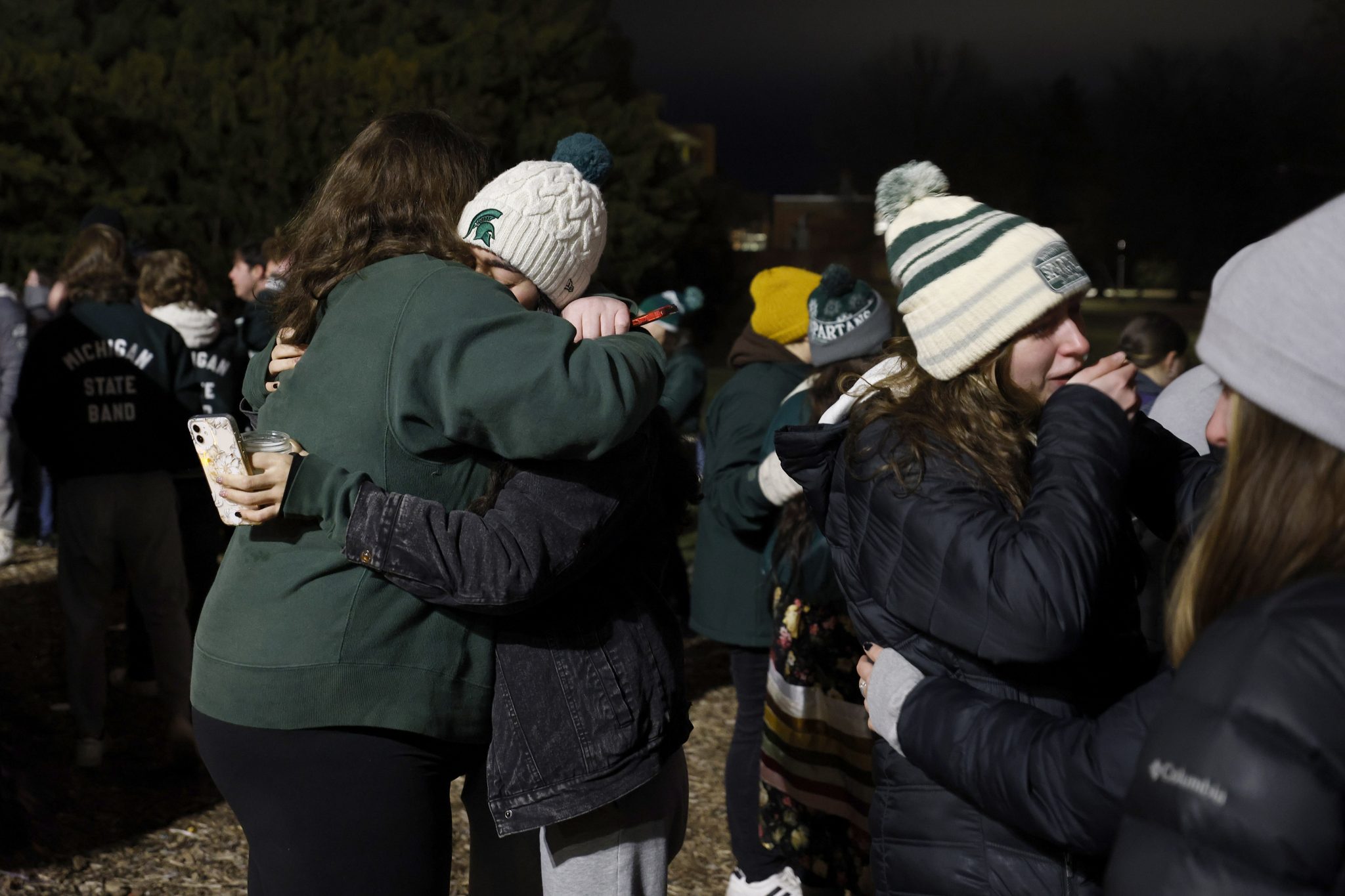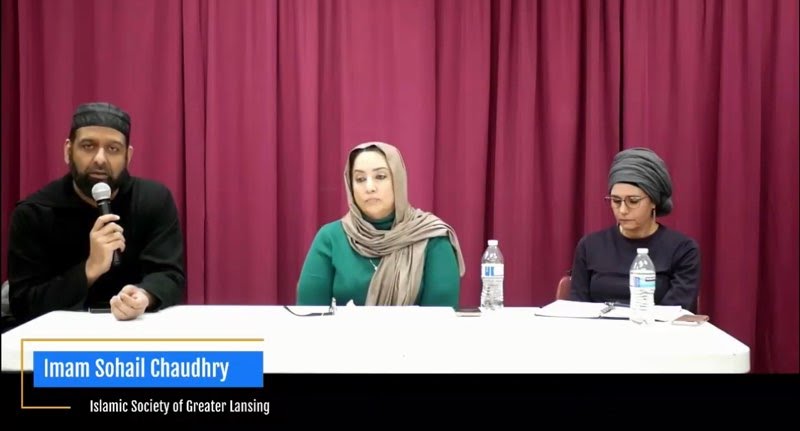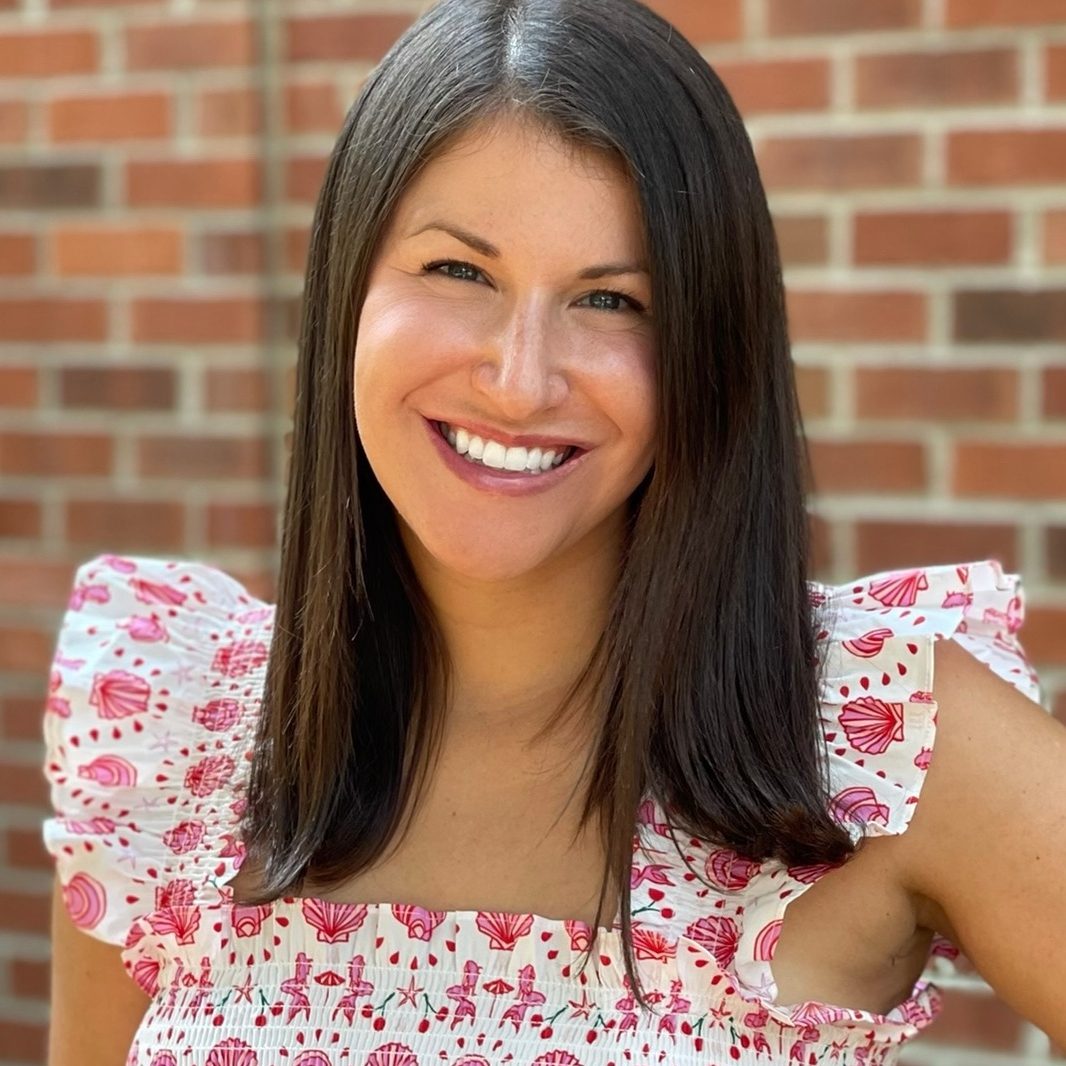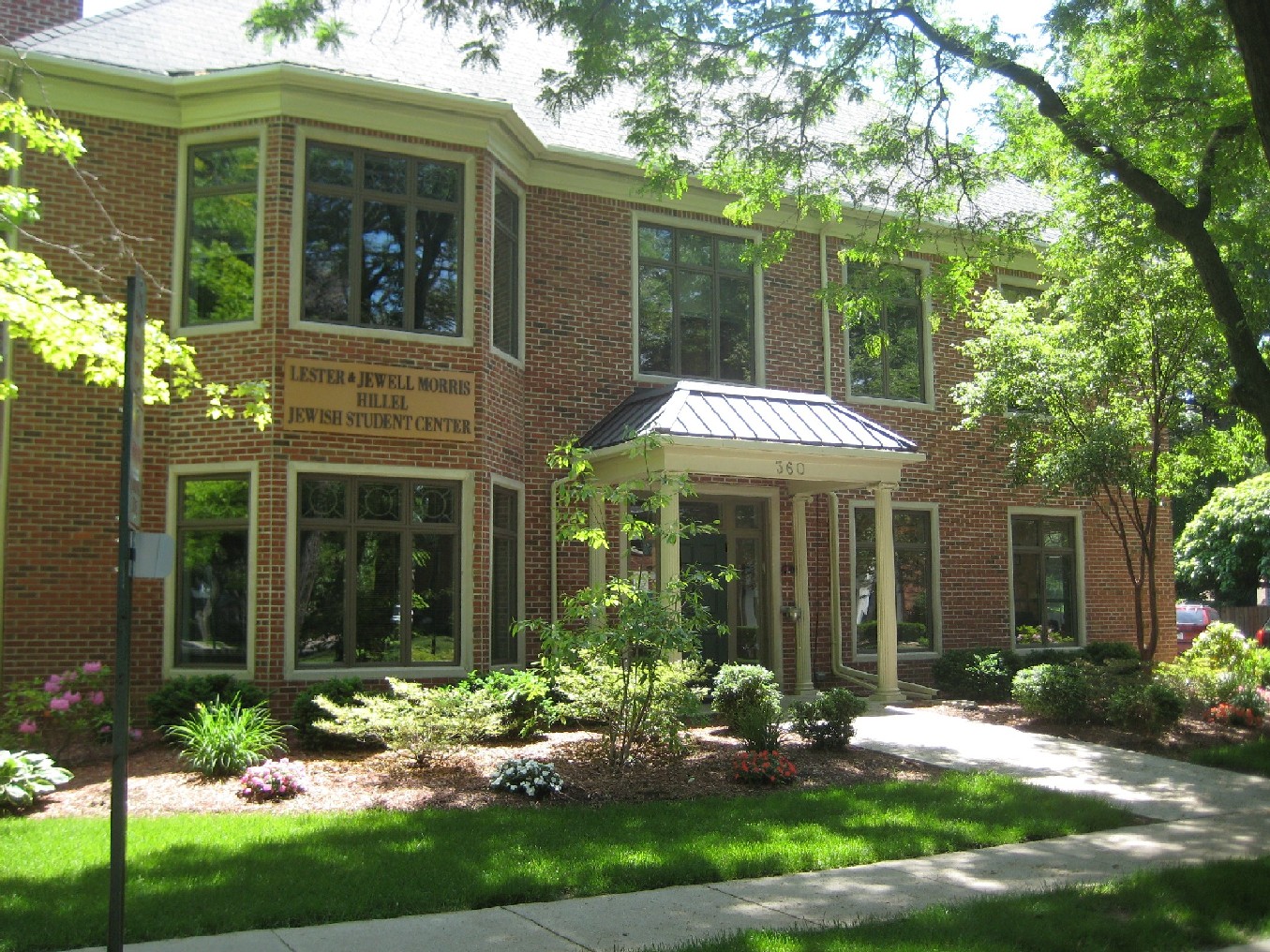Muslim and Jewish organizations create healing spaces for Michigan State University community
Farha Abbasi and Robyn Hughey have helped lead healing efforts at MSU after the mass shooting tragedy.

Mourners attend a vigil at The Rock on the grounds of Michigan State University in East Lansing, Mich., Wednesday, Feb. 15, 2023.
Muslim and Jewish communities are creating unique faith-based opportunities for Michigan State University students and faculty to come together to heal after the mass shooting on campus last week killed three people and injured five.
Farha Abbasi, an assistant professor of psychiatry at MSU, says people turn toward faith and community in times of crisis and trauma.
“From an Islamic perspective, there are some themes that (are) seen in moments of crisis. Wellness becomes important, welfare becomes important, but then bringing it all back to the community,” explains Abbasi.

Abbasi says resources have been set up in collaboration with the Islamic Center East Lansing to create a safe environment for students.
“We have been doing counseling sessions — pairing the faith leader with the mental health provider,” Abbasi shares.
Meals are also being provided to all students, some who were afraid to leave their dorms after the tragedy when they were told to shelter in place.
Robyn Hughey, associate director at MSU’s Jewish Student Center MSU Hillel, says they are providing similar arrangements to support students and faculty — ranging from food to spiritual and counseling services.
“We’ve been offering a lot of different things to just kind of come be together in community,” says Hughey.

Last week, counselors from the Jewish Family Services of Metro Detroit provided individual and small group counseling sessions free of charge. There were also spiritual healers on hand.
“We had rabbis who came from a lot of the synagogues in Metro Detroit to meet with our students,” Hughey said. “We had tremendous support last week from all of our partners, including the Metro Detroit Federation, so we were really grateful for that support that they were able to provide.”

Hughey believes the most important part was coming together as a community.
“So in Jewish tradition, when we lose someone we have Shiva, which is a week of mourning following the period of that loss, and we kept saying that our building felt like we were sitting Shiva.”
The building has kosher food available daily for students, and Hillel chapters around the country have been sending food and treats for the community.
Last week there was a candlelight vigil to honor the victims of the mass shooting at MSU, followed by a Shabbat dinner, with another planned today at Spartan Stadium.
View this post on Instagram
Mental health providers worked with Imams to create talking points for local khutbas to discuss the trauma.
Abbasi says there is a directory of resources on the Islamic Center’s website, including consultations with Imam Sohail, and a list of mental health professionals that staff and faculty can connect with.
The upcoming Muslim Mental Health Consortium March 10-11 at MSU’s Brody Hall is another opportunity for people to connect with mental health professionals.
Both Abbasi and Hughey agree students need different things to heal through the trauma. While some people don’t want to talk about the incident, others are leaning on care activities like sitting in silence together.
“For one student who wants normalcy and routine, there’s another student who wants to go home and be with their family and not have to return to in-person classes,” says Hughey.
Hughey and Abassi say their services are open to all students and faculty, not just for the Jewish and Muslim communities. Hughey shares many non-Jewish students have thanked her for having services available at MSU Hillel.
“I think finding a community within a community is super important on our campus,” says Hughey. “What we and the Islamic Center provide…it helps you not get lost on a really large campus.”
Abbasi believes faith-based healing goes a long way in the healing process, no matter where people fall on the spectrum.
“When we say that 70% of Americans do identify as belonging to an organized religion — by not bringing religion, spirituality, and faith into healing — you’re going to miss something important,” says Abbasi.
Trusted, accurate, up-to-date.
WDET strives to make our journalism accessible to everyone. As a public media institution, we maintain our journalistic integrity through independent support from readers like you. If you value WDET as your source of news, music and conversation, please make a gift today.

